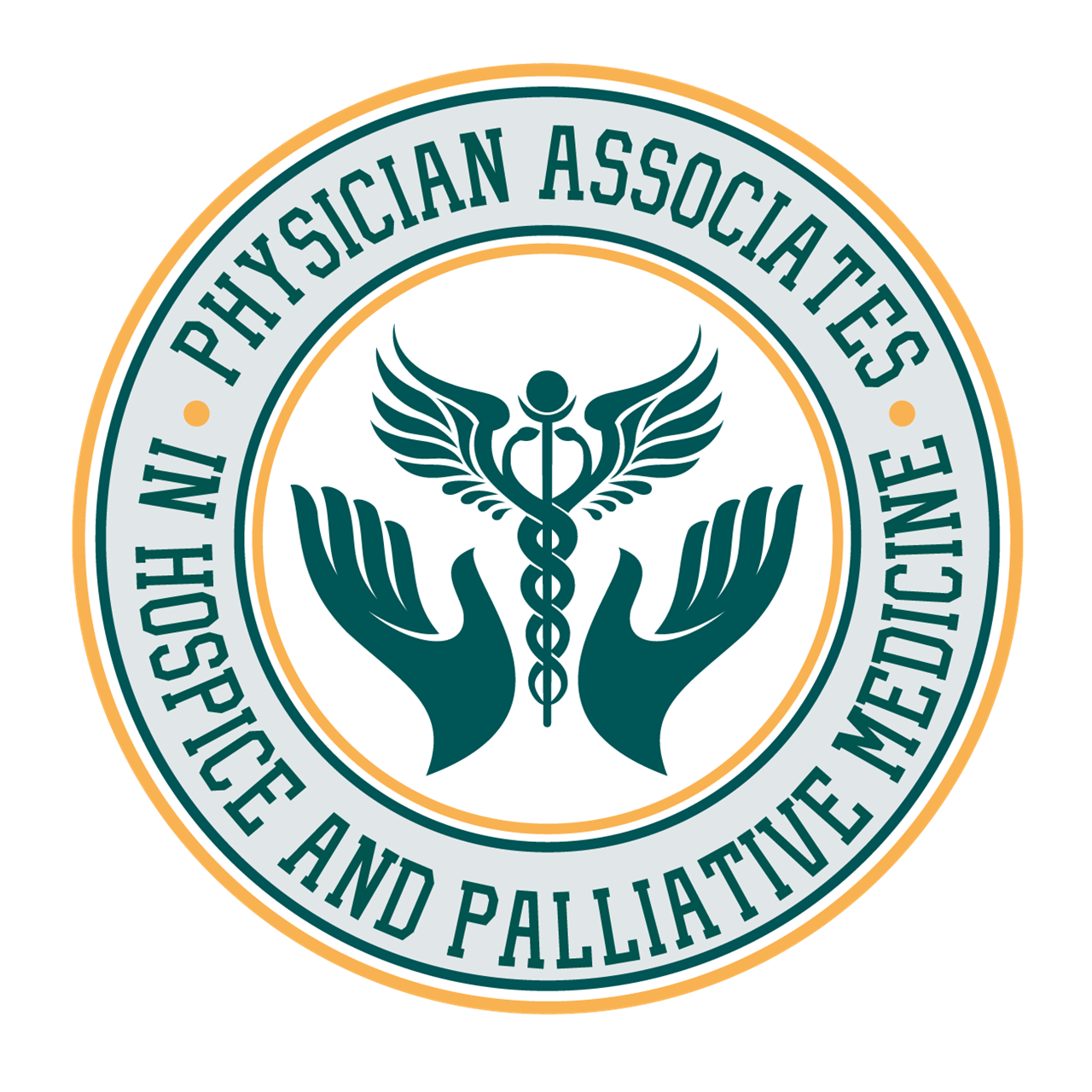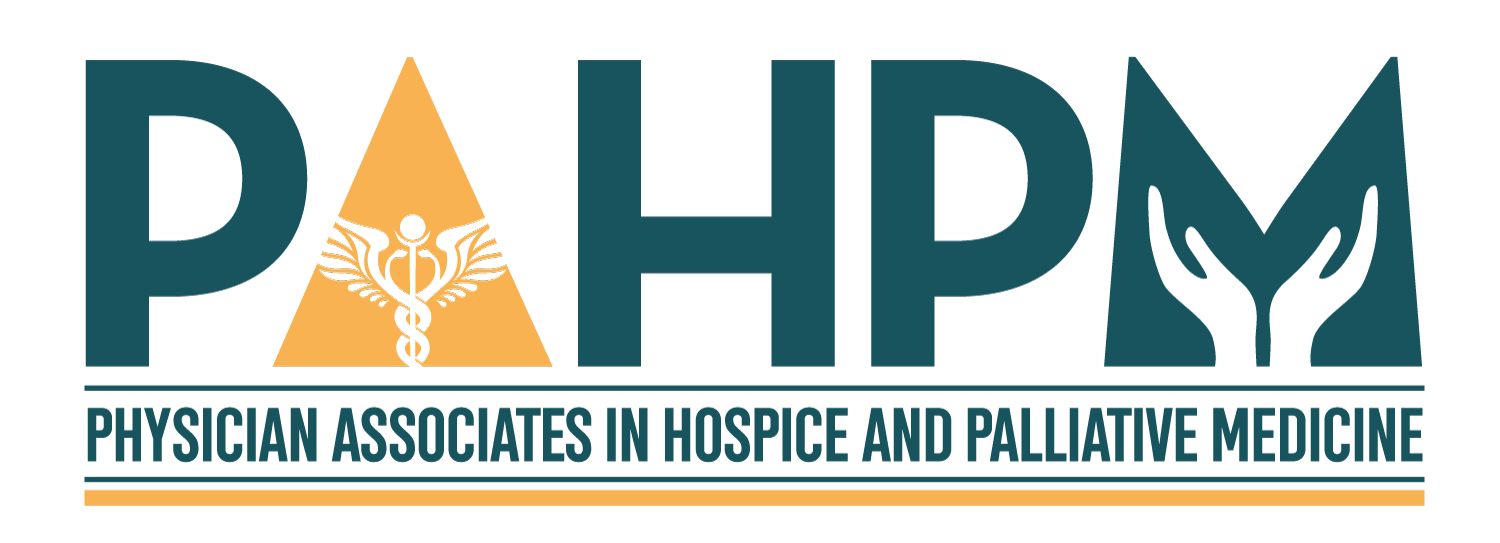What is Palliative Care?
Palliative Care is a medical specialty for those with serious and/or chronic illnesses such as cancer, congestive heart failure, chronic obstructive pulmonary disease, renal failure, and dementia. The focus of Palliative Care is quality of life. To palliate means to provide comfort or make less severe.
Palliative care relieves suffering
through pain and other symptom management, patient/family support,
spiritual counseling, goal setting, communication, and coordination of
care. A team usually consisting of an doctor, physician assistant or
nurse practitioner, nurse, social worker, and chaplain provides this
care to adequately meet all the needs of the patient. Some teams may
include nutritionists, pharmacists, physical and occupational
therapists, and others.
Overall, Palliative Care helps patients to gain the strength to carry on with daily life, improves ability to tolerate medical treatments, and helps patients and their families and loved ones understand their choices for medical care.
| Palliative Care & Hopsice What makes them different ? Everything! Palliative Care and Hospice are often used interchangeably, when in fact they are two different areas of medicine. Palliative Care is appropriate from the time of diagnosis and can be provided along with curative treatments. On the other hand, hospice care is intended for patients with a prognosis of less than 6 months and curative treatments are no longer available or are being sought by the patient. Both types of care focus on quality of life.
Palliative
Care is covered by insurance like any other medical specialty whereas
hospice is paid for in full by the Hospice Medicare benefit (and by
Medicaid in most states). Most insurances also cover hospice services in
full or with minimal co-pays. Beginning January 1, 2019, Medicare will begin to recognize Physician Assistants as hospice attending and will reimburse hospice services. |


